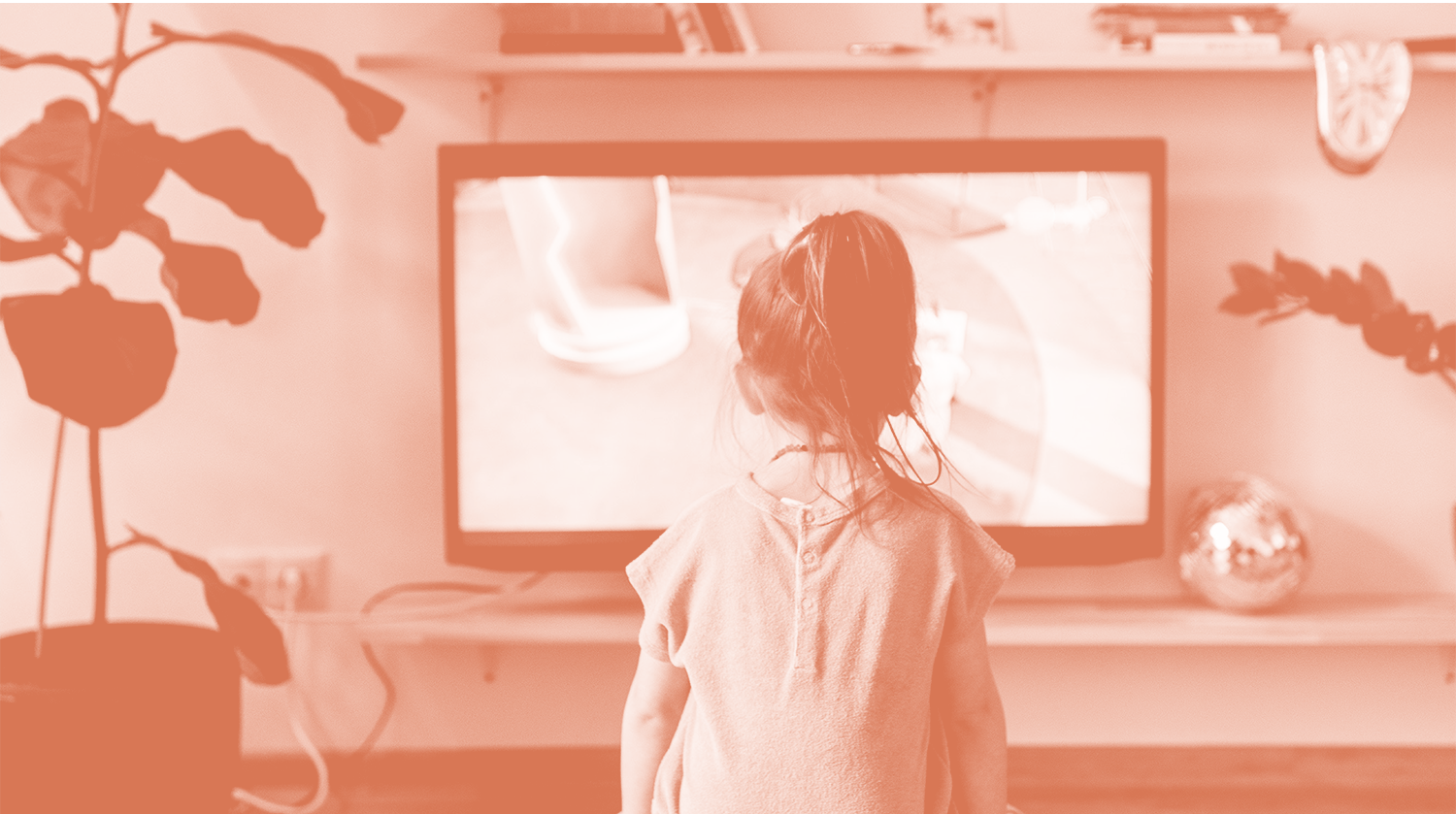One of the biggest educational challenges parents face today is how to deal with screen-time at home: how to control children’s digital consumption (smartphone, social networks, iPad, video games) in our hyper-connected world?
In Switzerland, 80 % of pupils own a smartphone at the end of primary school (approx. 12 years). One third of 6- to 7-year-old children have their own tablet. And teenagers spend 180 minutes a day on their smartphone. Screen time has become the number one issue in most families. Teenagers are increasingly prisoners of their virtual world, which opens the door to anxiety and depression.
So how can we support these parents and help the children who consume too much digital content, which is dangerous to their health and well-being?
On the one hand, parents’ lack of knowledge about the effects of screens on children’s brains and physical and mental health leads to a lax attitude. On the other hand, the fear of some parents leads them to forbid all screens at home, wanting to protect their children from dangerous content. They have no idea that they are consuming digital content elsewhere and in other ways. In both cases, these families are taking extreme positions that are not conducive to the healthy development of their children.
It is time to educate parents about the scientifically proven physiological, psychological and behavioural effects of excessive use of digital devices by children. Children’s brains are not adult brains in miniature. It is different and still in full growth until the age of 25. Its executive functions (the part of the brain that plays a role in planning, control and mental flexibility) are not yet fully operational. Therefore, children and adolescents need parents who take on this role and set limits. Excessive screen time in adolescents can impair the development of these same executive functions and prevent them from making the right decisions in the future.
It is also important to remind parents of their natural authority when it comes to regulating the family’s screen time. Talking about why adults may spend more time on screens, discussing screen time in the first place, and creating family rules – such approaches should be more successful, will set boundaries and shows respect to each other.
Last but not least, parents should always remember that they should make their own decision, taking into consideration the child’s behaviour and development, how to handle f.e. following situations: To give the 11-year-old daughter a smartphone or not, to download a video game or not, to leave the child on his tablet for a whole Saturday afternoon etc. All that without feeling any guilt from the social environment.
Here are five practical and simple tips to restore harmony in the family and protect the children from consuming too much digital content:
- Limit: Screen time should be agreed in advance. It should be varied according to the child’s age, sensitivity and digital activity.
- Schedule screen time as a family: By playing video games together, having a TV or movie night by only turning on the TV and turning off other devices such as tablet, smartphone and laptops.
- Agree on offline time: During the offline time that is at least as long as the screen time itself, it is recommended to use it to do physical activities, ideally outside.
- Get informed: Get information about games, social networks and apps in advance before downloading them to the child’s device. Rule No. 1: test it yourself and check if the content is appropriate.
- Be a role model: Keep an eye on your own consumption of digital content, maintain a healthy lifestyle, share knowledge (acquired online and through books), set up screen-free activities to improve family time.
It is not possible to turn back the wheel of time. New technologies will continue to develop very quickly in the future – and new devices will show up. But it is possible to keep the balance and set boundaries: With a smart, digital and pedagogical approach, through moderate consumption and the exchange of virtual and real experiences.

This article was written by Aurélie Andriamialison, Psychologist FSP. Aurélie is a life coach for children and a trainer. She offers coaching programmes for children, teenagers and their families. She also runs workshops on parenting in the digital age to better understand brain development and the impact of screens on children. In doing so, she shows practical solutions to avoid excessive digital consumption.
For more information on Aurélie Andriamialison’s activities and programmes, click here:
